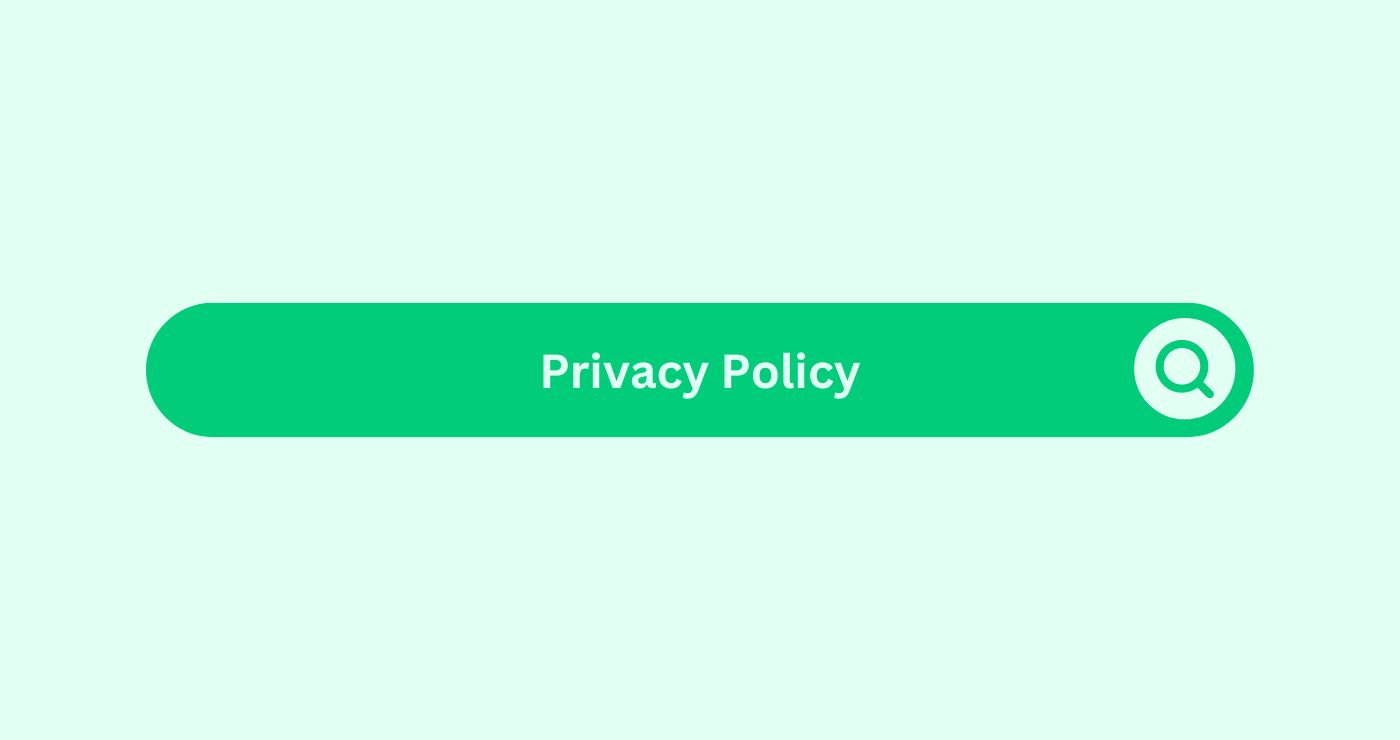Definition
Within the realm of email marketingDefinition
E-mail marketing uses targeted messages t..., a privacy policy is a crucial legal document that outlines how you collect, use, and safeguard the personal data of your subscribersDefinition In the context of SEO, subscribers refer to indiv.... It fosters transparency and builds trust by informing subscribersDefinition In the context of SEO, subscribers refer to indiv... about their data privacyDefinition Data Privacy in AI Terms in Content Marketing ref... rights. A well-crafted privacy policy demonstrates your commitment to data security and compliance with anti-spam regulations like the General Data Protection Regulation (GDPR)Definition The GDPR, a data privacy law by the EU, began on ... and the California Consumer Privacy Act (CCPA).
How You Can Use
Your email privacy policy serves several purposes:
- Transparency: It informs subscribersDefinition In the context of SEO, subscribers refer to indiv... about the type of data you collect (e.g., email addresses, names), how you use it (e.g., sending marketing emails, personalizing content), and with whom you might share it (e.g., third-party service providers).
- Trust Building: A clear and concise privacy policy demonstrates your commitment to responsible data practices, fostering trust and encouraging subscribersDefinition In the context of SEO, subscribers refer to indiv... to engage with your emails.
- Compliance: It ensures adherence to data privacyDefinition Data Privacy in AI Terms in Content Marketing ref... laws, mitigating the risk of legal repercussions.
Example:
Imagine you run an online shoe store. Your email privacy policy might outline:
- The data you collect during signup (email address, name)
- How do you use that data to send marketing emails and personalise recommendations.
- Your use of cookiesDefinition Cookies are small pieces of data stored on a user... to track website behavior and improve the shopping experience.
- The security measures you take to protect subscriber data.
- The options subscribersDefinition In the context of SEO, subscribers refer to indiv... have to access, update, or unsubscribe from your emails.
By providing this information, you assure subscribersDefinition In the context of SEO, subscribers refer to indiv... that their data is handled responsibly.
Key Takeaways
- Transparency: Clearly explain data collection practices and usage.
- Compliance: Adhere to relevant data privacyDefinition Data Privacy in AI Terms in Content Marketing ref... regulations.
- Trust Building: Foster trust by prioritizing subscriber data security.
- Subscriber Control: Outline options for accessing, updating, or unsubscribing from emails.
- AccessibilityDefinition Accessibility refers to the design and developmen...: Make your privacy policy easily accessible on your website and within emails.
FAQs
What is a Privacy Policy in Email Marketing?
A document that explains how a company collects, uses, shares, and protects the personal information of its email subscribersDefinition In the context of SEO, subscribers refer to indiv....
Why is a Privacy Policy important in email marketing?
It ensures transparency, builds trust, and helps comply with legal regulations like GDPR and CCPA.
What should be included in a Privacy Policy for email marketing?
Information about data collection methods, types of data collected, usage of data, sharing practices, data retention, and subscriber rights.
How does a Privacy Policy help with legal compliance?
It outlines the company’s data practices in accordance with legal regulations, ensuring that subscribers' rights are protected.
Where should I include the Privacy Policy link in my emails?
In the footer of your marketing emails and on your email signup forms.
How does a Privacy Policy build trust with subscribers?
By being transparent about data practices, it assures subscribersDefinition In the context of SEO, subscribers refer to indiv... that their personal information is handled responsibly.
Can a Privacy Policy affect email engagement rates?
Yes, clear communication about data practices can leadDefinition A Lead in the context of SEO refers to a potentia... to higher engagementDefinition Engagement in content marketing refers to the deg... and retention rates.
Do I need to update my Privacy Policy regularly?
Yes, it should be updated to reflect any changes in data practices or legal requirements.
How does a Privacy Policy protect subscriber rights?
It informs subscribersDefinition In the context of SEO, subscribers refer to indiv... of their rights regarding their personal information, such as the right to access, correct, or delete their data.
Is a Privacy Policy mandatory for email marketing?
While it may not be mandatory in all jurisdictions, it is highly recommended for legal compliance and building trust with subscribersDefinition In the context of SEO, subscribers refer to indiv....




